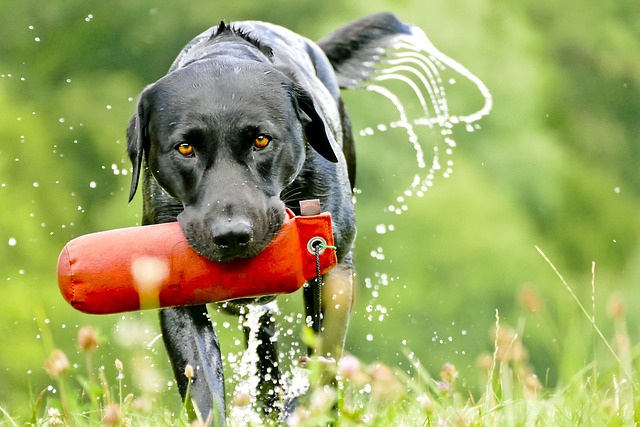
What is the best thing for dogs to chew on to clean teeth
If you’ve ever wrestled with a squirming pup to brush their teeth—only to end up with slobber on your shirt and a toothbrush chewed to bits
As your dog gray around the muzzle and slows down on walks, you might start wondering: at what age should you stop vaccinating your dog? It’s a question many new pet owners in the US grapple with, especially as senior dogs face age-related health changes. But the answer isn’t about a specific age—it’s about balancing protection, health, and legal responsibility.
Vaccines work by priming the immune system to fight off disease, and while senior dogs’ immune systems may weaken with age, they’re often more vulnerable to infections, not less. Think of an older dog like an older adult—their body’s defense system needs extra support. For example, parvovirus, which is rare in adult dogs, can still be deadly for seniors with compromised immunity. Veterinarians agree that core vaccines shouldn’t be stopped arbitrarily, even as dogs enter their golden years.
The key is to work with your vet to create a personalized plan. For most senior dogs (typically 7+ years old, depending on breed), core vaccines like rabies still need regular boosters—legally, there’s no age exemption. My 12-year-old beagle mix, Max, gets his rabies shot every 3 years as required by our state’s law; skipping it could result in fines, even for a senior pet. For other core vaccines (distemper, parvovirus), your vet may recommend antibody titer tests to check immunity levels. If titers are high, they might extend the time between boosters, but they won’t stop them entirely unless the dog has severe health issues.

Legally, rabies vaccination is non-negotiable at any age. Every US state mandates it for all dogs, regardless of age, because rabies is fatal to humans and animals alike. Culturally, responsible senior dog care here means more than just cozy beds and gentle walks—though positive reinforcement (never punishment) remains key for their behavior, it includes keeping them vaccinated to protect the community. When walking your senior dog, cleaning up after them (required by law in most cities) and ensuring they’re vaccinated shows respect for neighbors, especially in apartment buildings where dogs interact closely.
Practical steps? Schedule annual wellness exams where vaccines are discussed, ask your vet about titer tests for non-rabies vaccines, and keep all records updated—many boarding facilities or dog parks require proof, even for seniors. Remember, stopping vaccines too early puts your dog at risk, but working with your vet ensures they stay protected without unnecessary stress.
Caring for a senior dog means adapting their care, not abandoning basics like vaccines. With the right plan, your gray-muzzled companion can stay healthy, happy, and compliant for years to come.

If you’ve ever wrestled with a squirming pup to brush their teeth—only to end up with slobber on your shirt and a toothbrush chewed to bits

That faint whiff of fishy breath when your Golden Retriever greets you isn't just "dog smell" – it's likely the first clue to canine periodontal disease

Ever felt that sinking worry when your energetic Labrador suddenly loses its appetite or starts a persistent belly rumble?Regular deworming isn't just a checkbox on a pet care list—it's a vital shield protecting your furry best friend from hidden health t

Watching your dog pant heavily on a hot day, or noticing their nose is dry and their eyes look sunken, can send a wave of panic through any new pet owner.

Cooking homemade meals for your dog feels like an act of love—chopping fresh veggies, simmering lean meat, knowing exactly what’s in their bowl.

Picture this: You're scrambling to get ready for work, your golden retriever nudges your hand, and your daily multivitamin tumbles onto the kitchen floor.